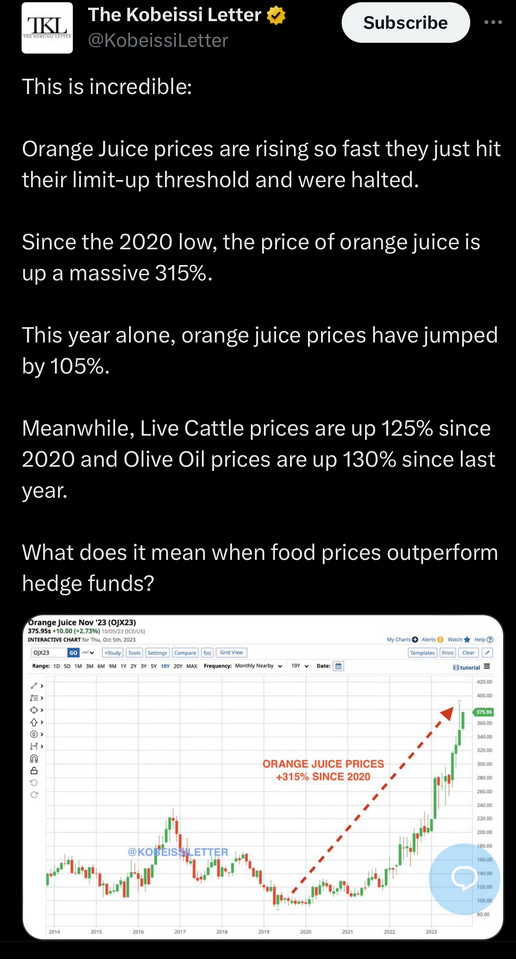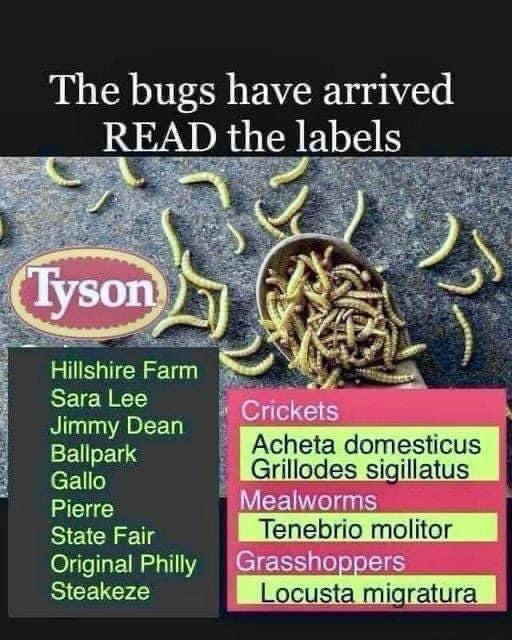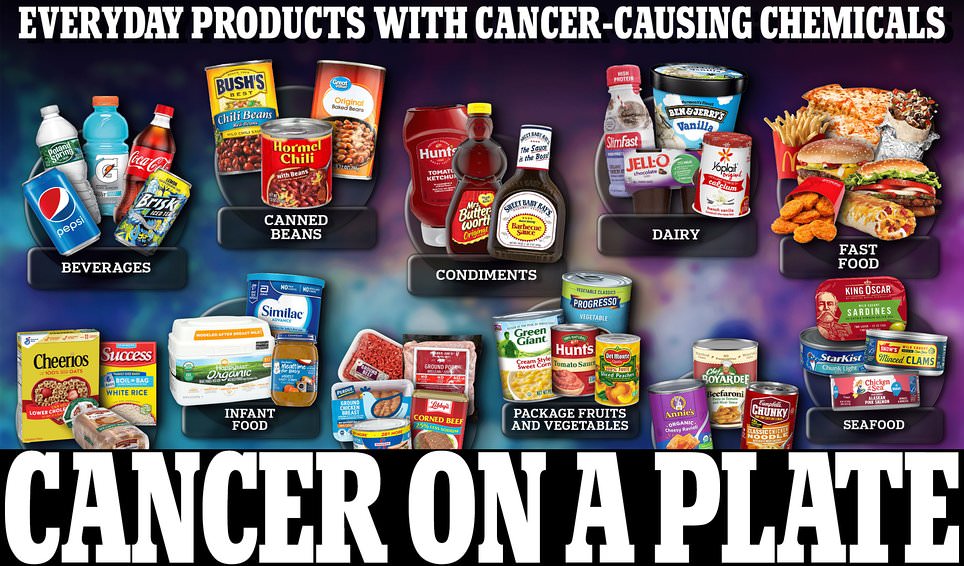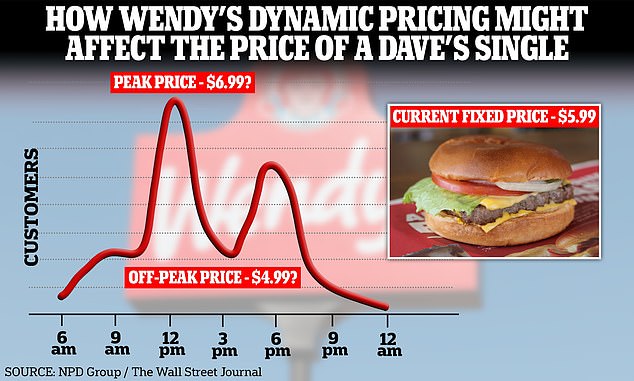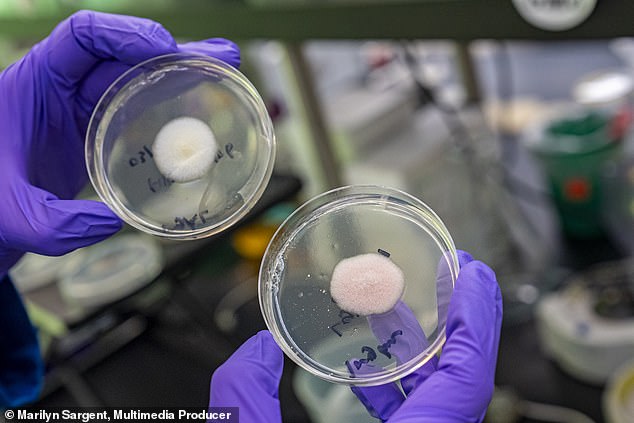Food has been steadily rising in price whilst some brands are decreasing the quantity, I have seen cranberry juice of one brand rise over 40 cents in price in less that a week and over a dollar in a year's time...I know because I bought that brand regular until the price increase, now I buy it when its on sale, which is still a blimp above the normal price it was over a year ago...
But what I would like to address is the regression of quality we are getting from some products...I was sick from eating crackers a few weeks ago, a lot of fruit is being picked too early and it never ripens all the way no matter how long it sits around, there is so much food being thrown away because of mishandling or misjudging time frames reducing the overall quality of our food and overtaxing the sources to produce more to cover losses...Its a vicious cycle that is undoubtedly doing its part bring ruin to our planet by overtaxing our food sources and water sources...
I do not eat much meat or poultry, never any fish, but that's the way I've always been, I'm very picky on the meats I purchase, and even more so these days, I have to say, when I go into the grocery and the meat department, there are some allegedly fresh meats that look old to me or very sickly meat, some of those meats do not look healthy to me...
...

